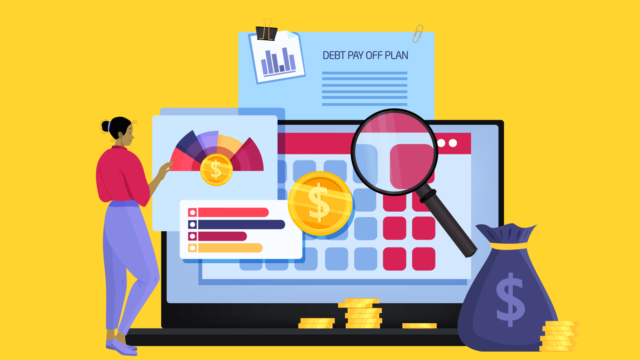How to create a plan to pay off debt
If you are knee-deep in debt and not sure how to dig yourself out, these tips will help you become debt free.

For any debt to be manageable, one needs to formulate a payoff plan. Knowing where to start can be overwhelming, but sometimes, having a plan to pay off debt makes the process easier. You simply have to begin.
Paying off your debt gives you the freedom to choose how money affects your life rather than letting it control your well-being. It restricts you from purchasing things you need as well as limiting the quality of life that you desire.
Below is a step-by-step guide to help you get started:
List and total up your debts
For you to be successful at this and move forward, you need to understand everything you owe.
To figure out all your debt, list each debt owed to find out the total balance, the interest rates and the minimum monthly payment for each. This will also help in budgeting your money effectively.
Prioritise your debts
Once you total up your debt, you need to figure out which one to pay off first. The method you choose may depend on your monthly budget, income and goals. You may prioritise by balance amount, interest rate as well as least amount of time left on the loan.
Another option is to pay off your debt in categories for example; credit card debt first and then move on to your personal loan, student loan and other types of debt.
Focus on a single debt
No matter which repayment method you choose, it is important that you focus on one debt at a time, instead of spreading your efforts among several, as this makes it easier to track and manage your debts.
In many situations, tackling one debt at a time means you can pay more of the principal and in turn, save more on interest. Find what works for you best.
Find extra money to make payments
If you’ve prioritised your debts and still feel like you can’t tackle more than your minimum payments, it could be time you considered earning extra money. You can achieve this by extending your work hours (if possible), adding a second job or selling preloved items you don’t need.
Committing any extra cash you receive towards your debt is also ideal. This includes not only money from a raise or bonus, but also from cash gifts that come your way.
Slash expenses
Lowering living expenses means more money can go toward your debt. To cut back on your expenses, you first need to figure them out. Have a budget for everything from rent, bills, monthly subscriptions, gas, insurance, food and entertainment.
For recurring expenses such as car insurance and monthly subscriptions, you can contact the providers and see if there are any discounts or try negotiating for a lower rate e.g., by making a yearly payment instead of a monthly one.
Work with a deadline
When you settle on your debt pay-off plan, you need to put a deadline on yourself. This ensures that the debt is paid off at the time you want while also keeping you in check with your plan.
